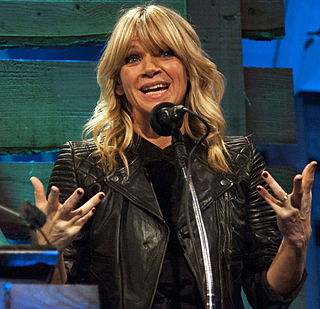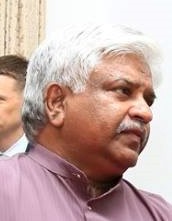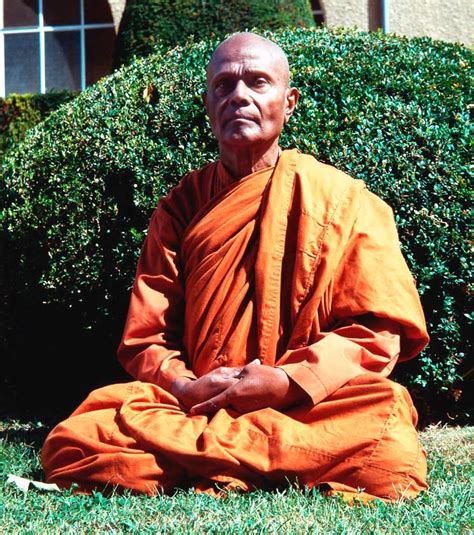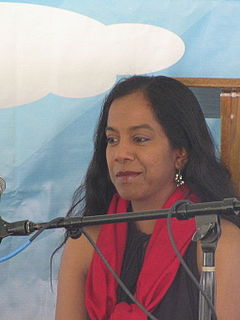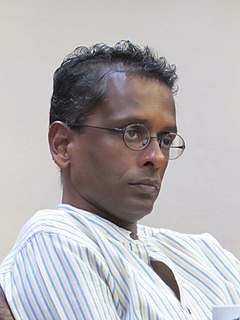A Quote by Anton Balasingham
It is an unfortunate personal tragedy. However, when compared to the vast ocean of the collective tragedy faced by my people, my illness is merely a pebble. I am deeply sad that I am crippled by this illness, unable to contribute anything substantial towards the alleviation of the immense suffering and oppression of my people.
Related Quotes
But I am living in the midst of the uncertainty and risk, amid things that can and do bring physical destruction, because I am running from things that can destroy my soul: complacency, comfort, and ignorance. I am much more terrified of living a comfortable life in a self-serving society and failing to follow Jesus than I am of any illness or tragedy.
Crime, violence, infamy are not tragedy. Tragedy occurs when a human soul awakes and seeks, in suffering and pain, to free itself from crime, violence, infamy, even at the cost of life. The struggle is the tragedy - not defeat or death. That is why the spectacle of tragedy has always filled men, not with despair, but with a sense of hope and exaltation.
You cannot “catch” anything unless you think you can, and thinking you can is inviting it to you with your thought. You are also inviting illness if you are listening to people talking about their illness. As you listen, you are giving all your thought and focus to illness, and when you give all of your thought to something, you are asking for it.
Sometimes what we call tragedy, at least in the theater, are really case histories. They're based on the central figure, and things happen to that person, and they're called tragedy because they're extremely sad. But tragedy always has a glorious thing happen at the end of it. That's what the catharsis is.






